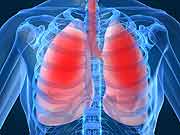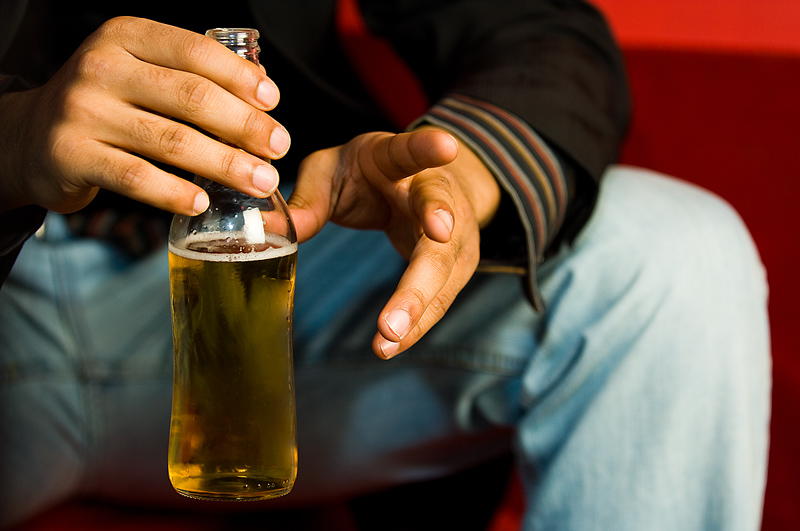
WEDNESDAY, Jan. 21, 2015 (HealthDay News) — Lung transplant recipients who receive lungs from donors who were heavy drinkers may be much more likely to develop a life-threatening complication, a new study suggests.
The study included 173 lung transplant patients. One-quarter of them received lungs from heavy drinkers. Heavy drinking is defined as more than three drinks a day or seven drinks a week for women, and more than four drinks a day or 14 drinks a week for men, according to the researchers.
Compared to patients who received lungs from nondrinkers, those who received lungs from heavy drinkers were nearly nine times more likely to develop a complication called severe primary graft dysfunction.
This type of lung injury can occur during the first three days after transplant. Many patients with this problem die. Survivors can have poor long-term lung function and an increased risk of rejection, the Loyola University Medical Center researchers said.
“We need to understand the mechanisms that cause this increased risk so that in the future donor lungs can be treated, perhaps prior to transplant, to improve outcomes,” study author Dr. Erin Lowery said in a university news release. She is an assistant professor in the division of pulmonary and critical care medicine at Loyola University Chicago Stritch School of Medicine.
The study was published recently in the journal Alcoholism: Clinical & Experimental Research.
In an accompanying commentary, Dr. David Guidot, of Emory University School of Medicine in Atlanta, said the findings raise “the question as to whether or not a history of heavy alcohol use by a potential donor should exclude the use of their lungs in transplantation.
“At a time when there is a critical shortage of lungs available for transplantation, this is obviously a problematic issue,” he said.
Guidot added that if other studies confirm these findings, the lung transplant community would have to address this issue. Excluding donor lungs from heavy drinkers is one option. But he also suggested that it’s possible drugs might be developed to counteract the effects of alcohol abuse on the lungs.
More information
The U.S. National Heart, Lung, and Blood Institute has more about lung transplantation.
Copyright © 2026 HealthDay. All rights reserved.

